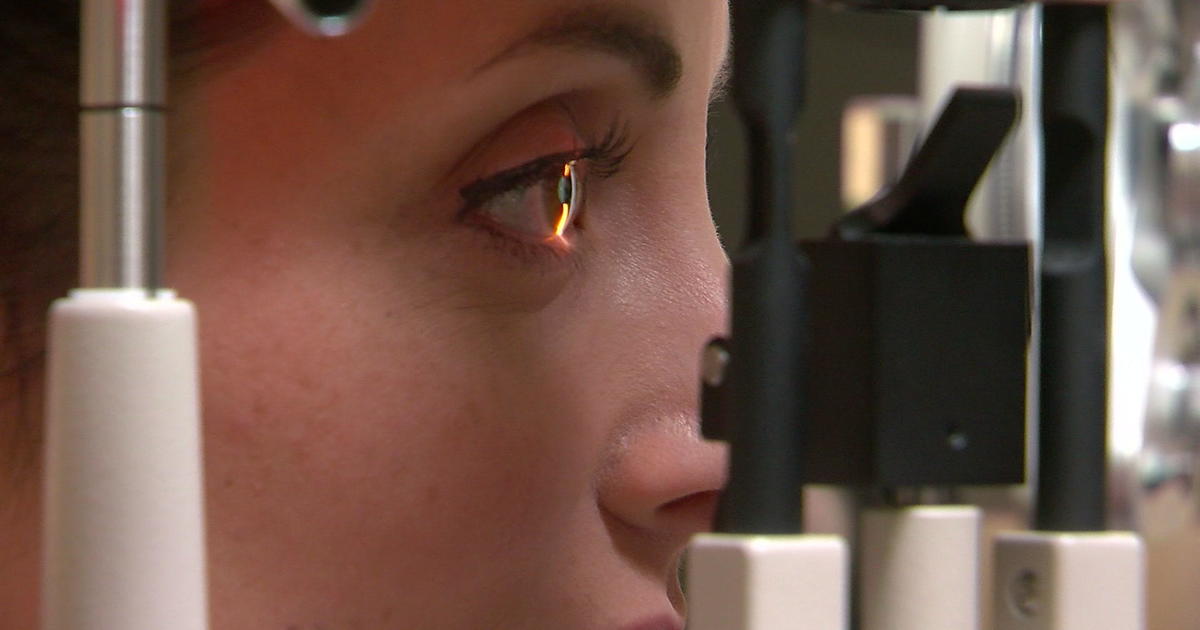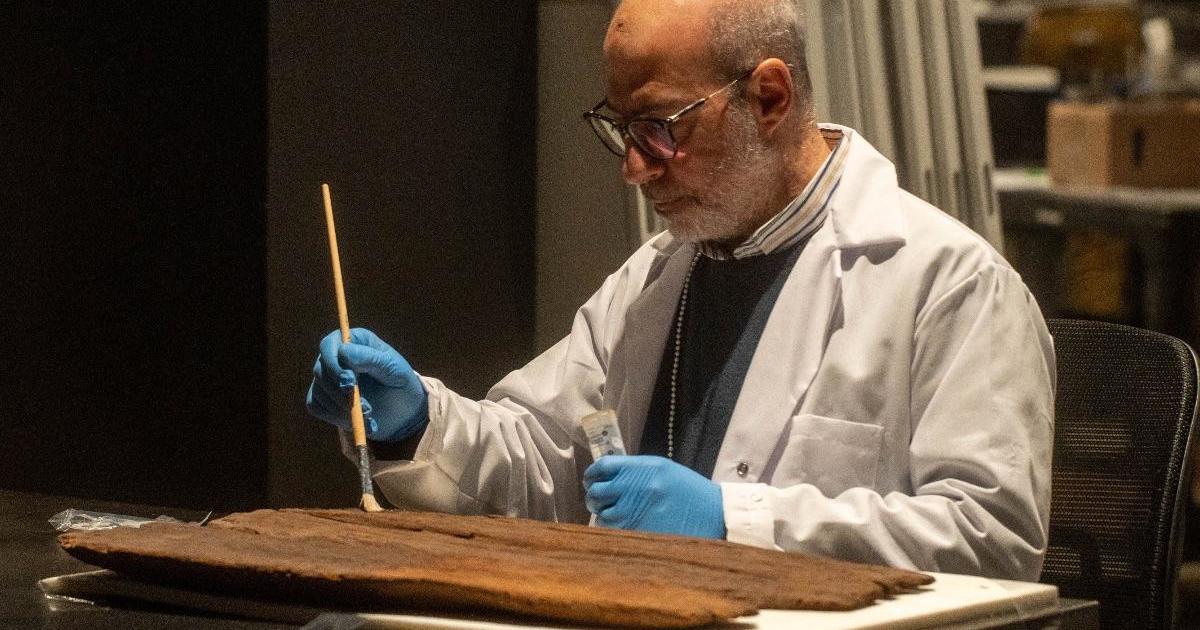Outpatient Hip Surgery Giving Patients Option To Recover In Home Environment
PITTSBURGH (KDKA) -- Karen Scharrar is an aerobics instructor who had a bad hip.
"About a year ago, I really started to have a lot of pain," she says.
Ordinary activities became a challenge.
"It was hard to pick things up off the floor. It was hard to get a pan out of a lower drawer. I had trouble getting a sock on, a shoe on," she describes. "The x-ray showed there was nothing but bone spurs all the way around; nothing but bone on bone. I thought, 'Oh, well, you can arthroscopically go in and take some of those bone spurs off,' and they're like, 'Uh, no.' I'm like, what are you taking about? 'We're talking about a total hip.'"
Because of her weight, fitness level, and flexibility, she was given the option of having a total hip replacement as an outpatient.
Dr. Julius Huebner has done about 10 cases like this, using an approach from the front and a special table.
"The goal is to accommodate people's desire to recover in a home environment if it's safe, but not to get them out of the hospital just to get them out of the hospital," says Dr. Huebner, an orthopedic surgeon at Allegheny General Hospital.
"My incision was four-inches long. I have no staples, no stitches, and I was glued," Karen says.
The typical surgery uses an approach from behind, and people stay in the hospital for a day or two.
"We were in there for 11 hours," says Karen.
"The main things that would keep a person from going home would be nausea, low blood pressure, or being unable to mobilize," Dr. Heubner lists.
As soon as anesthesia wore off, a physical therapist gave Karen crutches and took her up and down the stairs.
But after a week and a half of recovering at home, she says, "No cane, no walker, nothing."
In fact, she was back to work, limited duty, two weeks after surgery. She admits she pushes it at physical therapy.
"I still need to put some ice on it to calm it down," she says.
Her energy level has not returned to normal. But all things considered, she's glad she went the outpatient route.
"Why not lessen the recovery period? Why not lessen the incision?" she said.
During the weeks leading up to surgery, Karen says she had to do exercises and hip training, and an antibacterial cleansing routine.
Dr. Heubner predicts that in the future, perhaps one in three hip replacements might be done as an outpatient.
RELATED LINKS:
More Health News
More Reports by Dr. Maria Simbra



